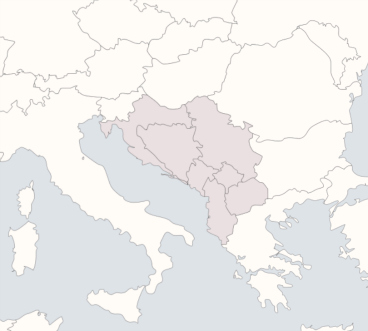This hearing reviewed the Vice President Biden’s meeting in Sarajevo and the Congressional delegation to Bosnia to speak about democratization process in the Balkan states. The Commissioners mentioned the need for governing bodies and systems that include every voice, particularly the ethnic communities in each country. These issues have correlated to potential instability in Bosnia resulting from the gridlock in government there.
The democratization and integration efforts, in relation to the Balkan joining closer to the greater European community and NATO, were touched upon to see the progress made. The witness discussed examples of initiatives that moved the Balkans towards the goal of international standard of governance, for example the Model Court Initiative in Bosnia, which has helped to institute European standards in 33 local courts, upgrade court infrastructure and improve customer service.








